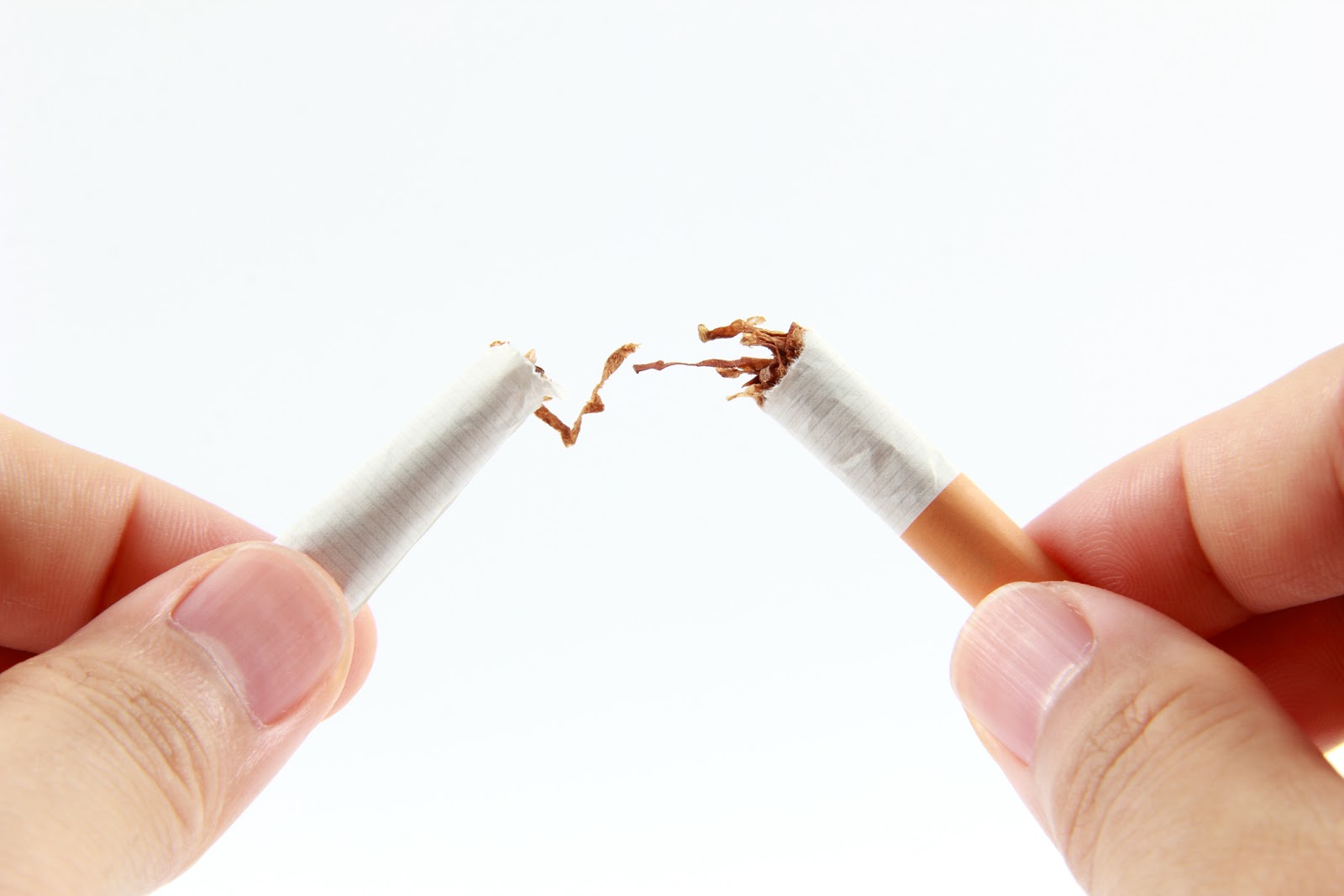Can smoking cause a sore throat?

Can smoking cause a sore throat?
Regular smoking can have all sorts of impacts on your health[1]. It can turn your fingernails and teeth yellow, cause erectile dysfunction in men and even affect your fertility. According to the NHS, it can even impact your mental health and your mood, making you feel anxious and irritable[2]. But as well as all these things, one of the biggest impacts of smoking is on your throat, airways and lungs.
Does smoking cause a sore throat?
If you’re a regular smoker, or frequently breathe in secondhand smoke, you may find that you have a scratchy, irritated or sore throat. The irritation is caused by the hot, dry air that removes any moisture from the throat that helps to keep it lubricated. The smoke and toxins within cigarettes can also irritate and even damage the delicate tissue that lines the throat, causing pain in the area. This is why you may also experience frequent coughing and a swollen throat. Symptoms can worsen if you have pre-existing health conditions, such as asthma, bronchitis or emphysema.
However, a sore throat may not necessarily be caused by the contents of the cigarettes themselves. Smoking can weaken your immune system, making you more prone to throat infections that can cause a sore throat. These infections include the common cold, flu, strep throat, glandular fever and more. When you smoke, you’re more susceptible to these kinds of illnesses, and therefore a sore throat may be a side effect.
One of the biggest dangers of smoking is cancer and, in extreme cases, a sore throat can be caused by throat cancer[3]. If your sore throat persists for longer than one week, you should seek medical advice from a GP. They will be able to examine the area and suggest next steps or treatment.
How to cure a sore throat from smoking
If you’re fed up of having a sore throat from smoking, there may be some things that you can try to relieve the pain.
Quit smoking
The most obvious way to get rid of a sore throat that’s caused by smoking is to quit the habit. While this certainly isn’t the easy option, it’s a long-term solution that will solve the problem altogether instead of just masking it. It may take some time for the pain to dissipate, but when your throat is no longer being damaged by the chemicals in cigarettes, it can begin to repair itself.
Stay hydrated
As we’ve previously mentioned, smoking can dry out the throat and cause the pain that you’re experiencing. Therefore, by drinking plenty of water and ensuring that the area stays lubricated, the pain may lessen or even go away altogether. Cold water is the best way to rehydrate, however squashes and flavoured water will work too. You should avoid highly caffeinated drinks, such as coffee and alcohol, as these can dehydrate you further and cause further irritation. Tea is okay in moderation, but you should make sure that you’re drinking lots of water too.
Throat sprays
Throat sprays can work to temporarily numb the pain in the area. These may be particularly helpful when your sore throat is worsened during a cold or other throat infection. You should always read the instructions and use the spray as suggested by the manufacturer. It shouldn’t be used more than eight times per day and can only be administered up to three days in a row. This means that throat sprays are not a permanent solution and you shouldn’t rely on them to get rid of your throat pain long term.
However, they could be used temporarily while you’re trying to quit to alleviate the soreness, for example. They come in all sorts of flavours, from honey and lemon to menthol. You can spray the solution directly to the back of your throat and it goes to work instantly, numbing the area thanks to the anaesthetic within the product.
Elevate your head while you sleep
Smoking can damage the lining of the airways and lungs[4]. This can affect processes such as the production and clearance of mucus, which means that you may have more mucus if you’re a smoker than compared to a non-smoker. This additional mucus can cause a cough, irritate your throat and make you more prone to infections.
When you sleep, you should try to elevate your head, keeping it higher than the rest of your body, particularly your chest. This can help to prevent the mucus from gathering in your throat at night. This excess mucus can also be loosened by staying active, so you should try to get at least 30 minutes of exercise per day. You may begin to see an improvement either in your cough or the pain in your throat.
Resources:
[1] https://www.nhs.uk/common-health-questions/lifestyle/what-are-the-health-risks-of-smoking/
[2] https://www.nhs.uk/live-well/quit-smoking/stopping-smoking-mental-health-benefits/
[3] https://www.cancerresearchuk.org/about-cancer/mouth-cancer/symptoms
[4] https://www.nhs.uk/conditions/chronic-obstructive-pulmonary-disease-copd/causes/

